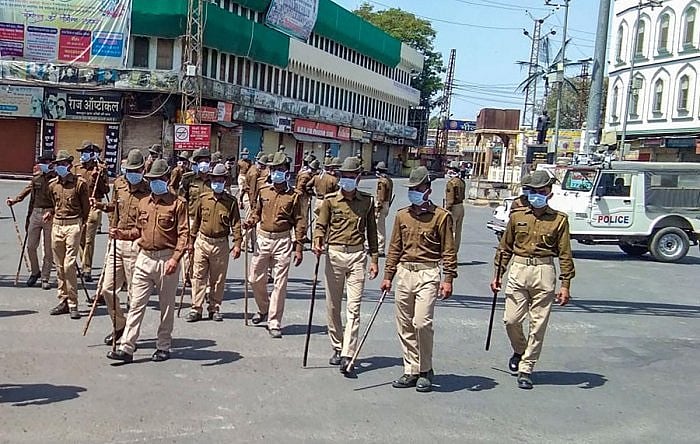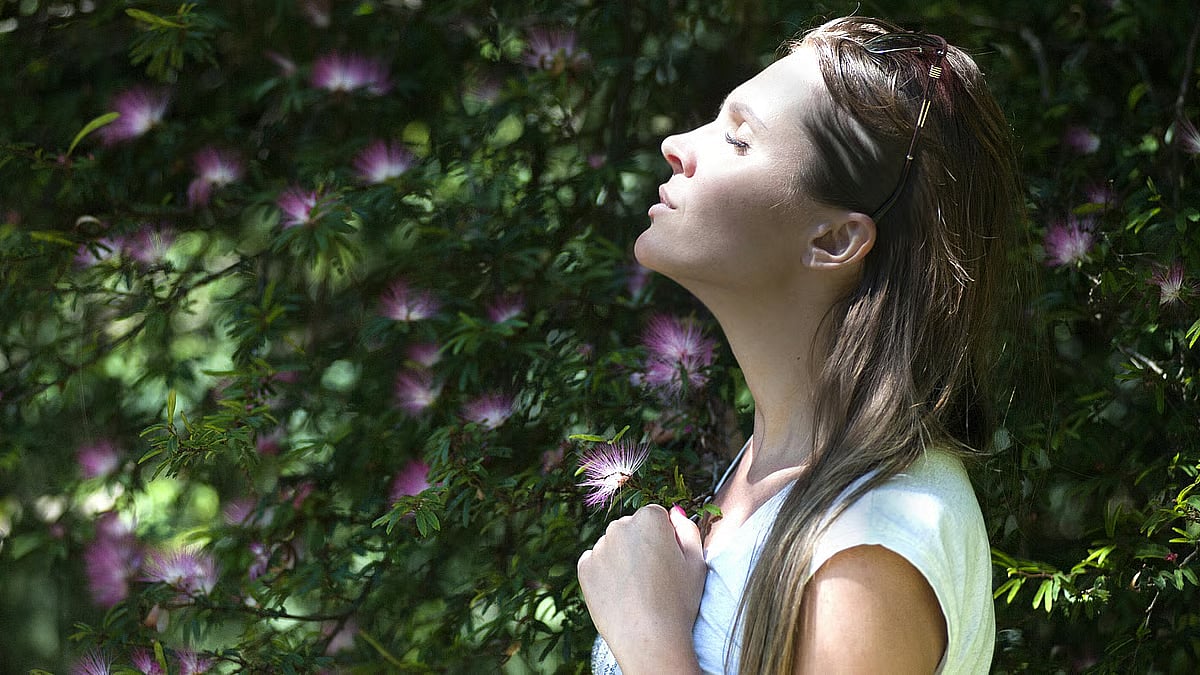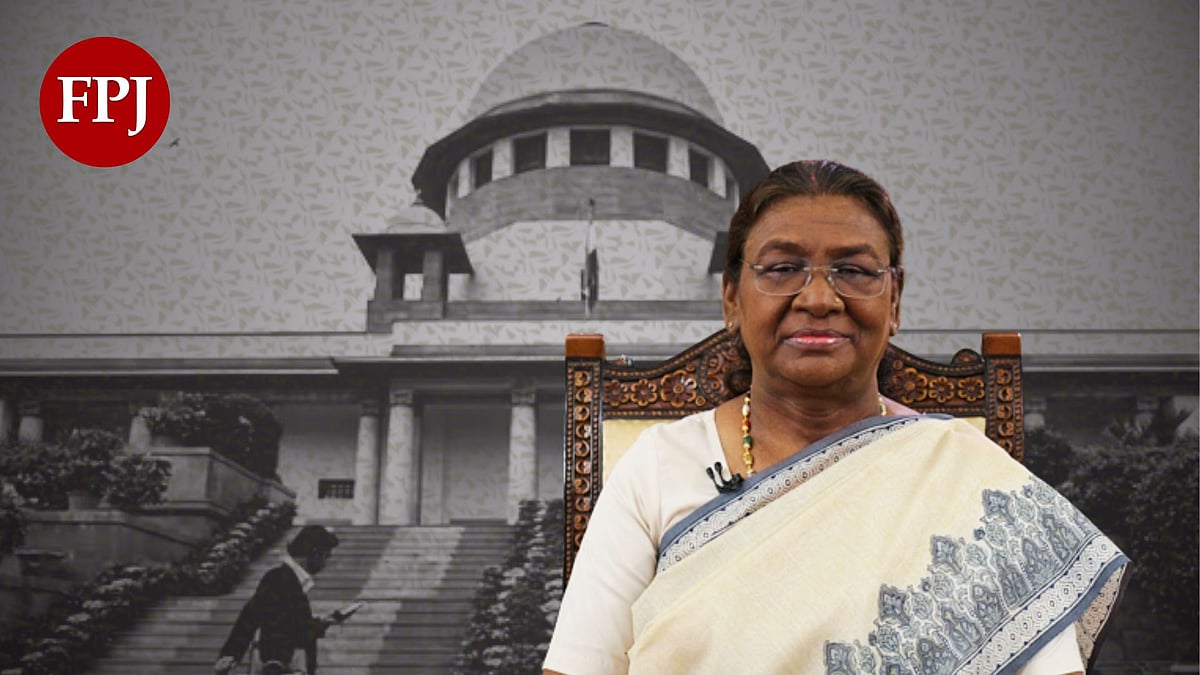Rohit Kumar Singh, IAS
I certainly would be among the unenviable set of the chosen few who have had 360 degree-exposure to Covid-19.
First, as the health secretary of Rajasthan, engaging with doctors, public health experts, nurses, healthcare workers, lab technicians, paramedics, ambulance drivers and most important of all, patients.
And now, as a survivor of Covid-19.
Since early this year, day and night, I was involved 24*7 in pandemic management - food, sleep, and family time came last. As I leveraged local and global expertise across medicine and public health, I believed I had become quite adept with regards to Covid-19 and its management. Ironically, it was only after I experienced the disease myself, did I learn what it truly means.
This past month, when I tested positive, I realised I too had been a victim of ‘optimism bias’ - subconsciously, I believed I wouldn’t contract Covid. After all, I was the former health secretary. The illness seemed to come out of the woodwork, without invitation. My daily routine - a 6am walk, breakfast, meetings at Secretariat, signing off on stacks of files, dinner with my wife where we laughed over office politics and video-chatted with our son in the US - was, all of a sudden, disrupted. Instead, I quarantined alone in a room in the corner of our home - rested, read and reflected on my thoughts.
Back in March, when the pandemic first took hold in Rajasthan, I remember convening a round table of experts from health, tourism, defence and IT. In the midst of rising cases, uncertainty and little scientific information, everyone panicked. At the time, our complete focus was on tracking the whereabouts of a handful of Italian tourists, our index cases, who had travelled across the state. I had the entire list of cases and first-degree contacts on my fingertips.
Just a few weeks later, in Bhilwara, a doctor unsuspectingly infected over a dozen patients, which spiralled into our first large outbreak. Here, we adopted a model for “ruthless containment” - locking down the district, testing, tracing and isolating on a massive scale. We focused on instilling independence in district officials, encouraging them to leverage relationships built in trust to connect with and spread awareness among citizens. From Day 1, we ensured doorstep delivery of essential services. Altogether, government efforts and public cooperation met halfway to deliver results. Two weeks later, there were no new cases - I stopped tossing and turning in my sleep, and across the nation and abroad, our Bhilwara model was applauded.
This big win was followed by Rajasthan’s most challenging outbreak in Ramganj - proof that each outbreak is unique and requires a customised approach to manage it. Ramganj is a congested neighbourhood in the old city marketplace of Jaipur. It is densely populated, and unfortunately, the residents had little ability to home quarantine or maintain social distance. Also, daily wage workers felt helpless and took to the streets to continue working. Ultimately, the 'Bhilwara model' could not be applied here, and the infection spread faster than we could contain it. So, we adapted our approach - to save lives, rather than prevent transmission. We invested in technology and infrastructure to strengthen the health system, provided essential services to the doorstep, deployed mobile medical vans, built a digital active surveillance system to screen and follow up with vulnerable populations and launched the state’s first WhatsApp chatbot to rapidly disseminate information.
While the pandemic was spreading its tentacles, massive migrant movement added immense complexity. My mobile number being in public domain, I would be flooded with calls from troubled citizens across the state. Sample these:
“My mother is suffering from extreme toothache and I don’t know how to help her,” expressed a 19-year-old student in Kota at 11.45pm one night, studying for her delayed placement exam. A dentist was requested to help her. Got a thank you call at 1am.
“We are 20 migrants from Bihar currently in a factory shed near Pali and we haven’t had anything to eat in over a day. Please help us.” A young IAS officer was deputed with food packets. Again, a thank-you call, late in the night.
Often, personally helping citizens, provided the strongest fuel to keep us going. As I led the response from the front, my greatest responsibility was to be a pillar of strength - to keep calm, trust our collective decisions, and provide reassurance and service.
When I got sick myself, I realised the lives I had touched, because the same people came forward to support me. I had the fortune to isolate myself in my own home and to have the same doctors who advised me when I was health secretary, to guide my recovery. I was privileged to have the best medicines - family, friends (real and virtual), remdesivir, netflix, books, rest, and herbal home remedies. I had the best vitamins to imbibe as well - plants, trees, birds, squirrels, peacocks, clear skies and sunlight. I came to appreciate that everyone’s battle with this disease is unique. Despite my thorough experience at the secretariat, addressing the pandemic at scale, I learned that there is a certain empathy that only reveals itself at the bedside. Suffering from Covid-19 and remaining resilient through my road to recovery was humbling, and has left me with unexpected wisdom - Covid-19 has the capacity to make our society kinder. To me, there is no pleasure greater than giving and helping others, and never before have I witnessed unity as I have during this pandemic.
I attribute achieving success in Bhilwara, overcoming the challenges of Ramganj, remaining resilient and united as a government, and “flattening the curve” before the festive season to one common thread: we looked out for one another, as we would for ourselves and our families. But, the story is certainly not over. With the Covid vaccine trials in Phase 3, the challenge is to develop a seamless implementation plan, ensuring nobody gets left behind.
God willing, hum honge kaamyaab. For that, we must carry on, together.
The writer is Additional Chief Secretary, Department of Rural Development & Panchayati Raj,Government of Rajasthan









